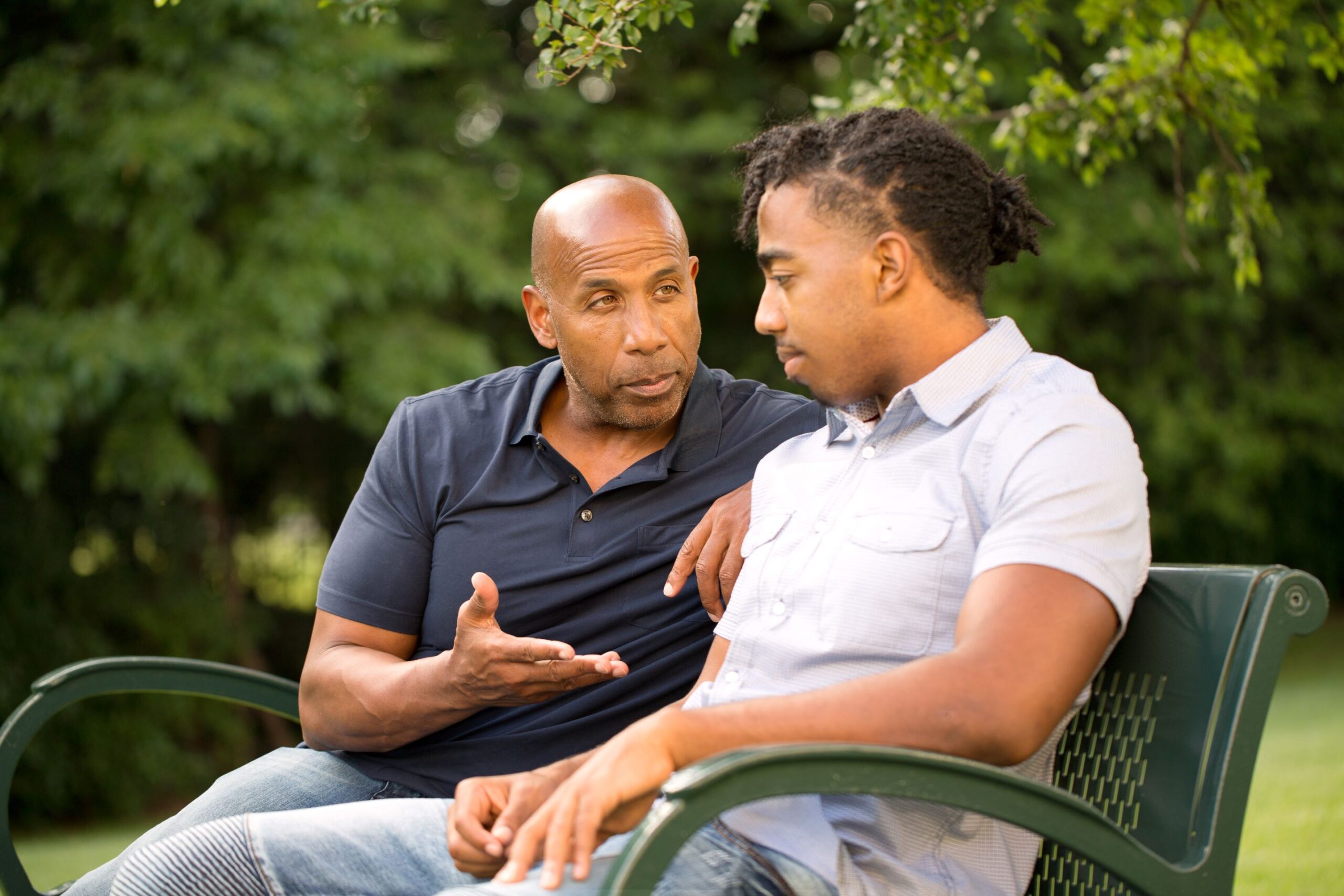Even if your children get along well, the distribution of your assets can require conflict resolution skills. Without previously experiencing any significant conflicts, even close siblings can struggle to maintain happy family relationships when settling your estate.
Alcoholism and Marriage: Oil and Water
The metaphoric adage I chose is commonly used to indicate that two things do not mix. It is also useful I think to illustrate the natures of alcoholism and marriage. While the latter can put out fires, moderate the two parties, and empower both persons to accomplish more than they could on their own, the former is easily set on fire, difficult to put out, and spreads quickly. Putting metaphors aside, here are some things to consider when your spouse suffers from alcoholism.
1. Has your spouse sought treatment?
The Centers for Disease Control has confirmed dependency on alcohol is a chronic disease. The vast majority of sufferers want to quit, and would stop if they knew how. The first step usually is to speak to a doctor. Frequent use of alcohol can lead to a physical dependence on the substance, and the transition to sobriety can be dangerous both psychologically and physically. Speaking to a doctor guarantees a safe transition, and doctors are healers, not judges. The next step is participating in a program for long term health. The Alcoholism Council of Cincinnati provides numerous resources, and can help get sufferers the help and support they need.
2. Has there been any violence?
There is no excuse for violence. Let me say that again. There is absolutely no excuse for violence of any kind. If your spouse has been violent towards you, the relationship is not healthy and you need to seek assistance. Even if the violence is only the result of alcoholism, which is a disease, it is a treatable disease, and does not excuse any use of force either legally or morally. If there is violence in your relationship, you need to separate yourself from your spouse until they cure the cause of the violence.
3. If your spouse has sought help, did their behavior change?
As stated above, alcoholism is not conducive to a healthy relationship, and marriage should not exist when there is not a healthy relationship supporting it. If your spouse has sought treatment, and there has been a marked change in their behavior for the positive, that is wonderful. Change can be slow and difficult, but always remember, there is no excuse for violence. If however your significant other has sought treatment and the negative or abusive behavior continues, or they refuse to seek treatment, it is important you seek counsel to go over your options.
If you are in a relationship with a person who abuses alcohol, or any substance, it is very important to help them seek treatment. A very low to negligible percentage of persons are able to cure their addiction on their own, and the rate of success skyrockets when assistance is sought. However, if your wife, husband, boyfriend, or girlfriend refuses treatment or is unable to cure themselves once treatment is pursued, you need to seriously consider ending that relationship.



